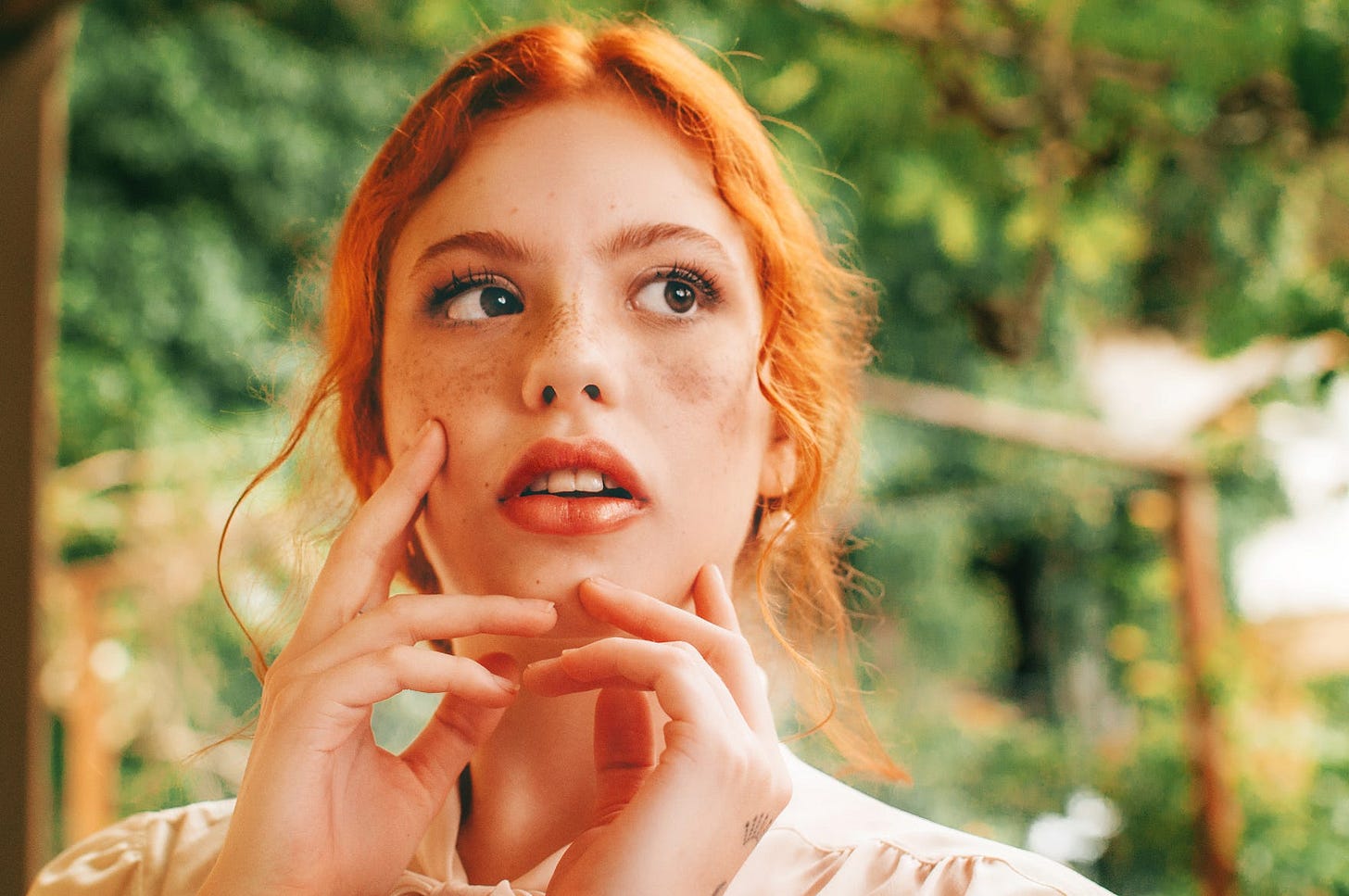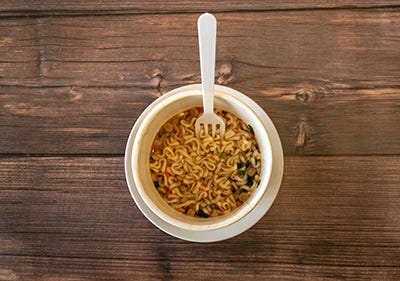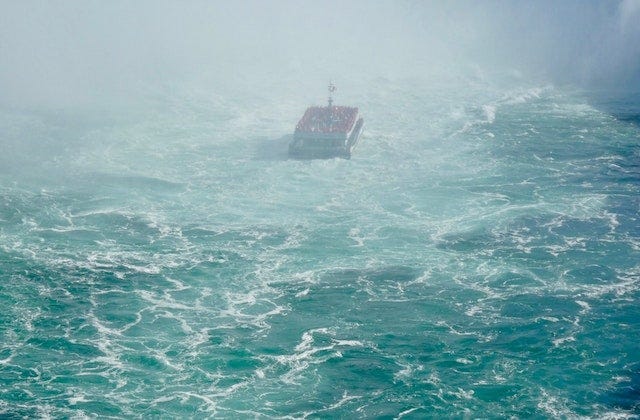1.
Later that afternoon I asked my wife what my daughter’s name was. She said, “Amy, silly,” and my only thought was to challenge her. “Are you sure that’s her name? When’s the last time you talked to her?”

Amy was sitting at the kitchen table as I asked this, bobbing her head to whatever her headphones were distributing to her temporal lobe.
“She could have changed it and you’d never know,” I argued.
Something nearby beeped. I looked at my wife to see if she’d react. I didn’t know anything about beep sources. I mostly just thought about boats. She continued shaving ginger.
I put on my Panama Hat.
“Uh oh,” my wife said.
“What?”
“You put on your Panama Hat.”
That usually meant a night of interactive storytelling with the boys.
It was Florida, it was Key Largo, it was a time of trying to set oneself free from the taunts of the coronavirus, so it meant an excursion into the social distancing challenges of the seafood bar joints near the docks where the fishers, tow captains, and salvagers like to hang out. Well, okay, there are only about two salvagers left here — me and Portly Jones.
I adjusted my hat accordingly with one hand.
“Maybe Amy would like to come along,” I said, spying her as she warily used her fork to pick at something green in a bowl as if it might leap out and suddenly attach to her face.
She tapped something into her phone and continued bobbing. “She really needs to eat more.” Amy was thinner than a drink straw. She was a lovely girl; long, reddish sun-washed hair, sets of light freckles dancing within pale skin under both her eyes, and a big pair of pouty lips that in normal times would have taken a hundred boys her age prisoner per week. But she really did need to eat more. She seemed deathly afraid of food; as if it had declared war on her and the only chance for a truce was to stab at a plate every few weeks.
Every day just before noon she’d leave a full bowl of food on the big metal oak-topped kitchen island with a fork sticking up like a sentinel designed to fend off the enemy, boasting a loud proclamation that her food was part of an invincible shrine never to be touched.
Yesterday’s abandoned meal was a pile of noodles and asparagus. It looked rather tasty. By dinner time, it was gone. I never inquired about such things, but sometimes I would look inside the refrigerator to investigate. I never found any evidence that the food had been preserved, or even prepared. I began to think I imagined its presentation each morning as if it were a directly specific reminder for me to tell her to get something to eat, but I never did.

Other than that, I barely knew her.
I knew her once, I guess, when she was a little starling, cooing and later prancing about in all the things little girls do, but on this day, she was little more than a droid.
A few months before the virus hit, I saw her in a Golden Corral with a bunch of her friends. They were all sitting and talking nonstop, but not to each other. Instead, their thumbs acted as if they were ministering to a musical instrument with wild song, each girl staring into the abyss of whatever it was that consumed her.
Amy saw me while I was standing in line at whatever that thing is at Golden Corral that looks like a potter’s wheel of chocolate. I think it was the only time she’d said anything to me in two years, and it wasn’t friendly. Something ghostly and wicked, like, “Get out.”
I don’t know why she was upset. It’s not like I had any real entry into her world. I received my chocolate dessert and flipped the wire of her earbud out of one ear as I walked away. It felt good, as if I had cut the red wire and defused the bomb. “Daaaad,” she said in a voice I barely recognized.
With that memory in tow, I tipped my hat and left the kitchen, but I was stopped by my wife first, who recommended I have some of her ginger smoothie as a preventive measure. I assured her that I was on a two-drink limit, and I was, so I left.
When I came home a few hours later, the sun was on its way to another one of its island art projects along the western horizon, coloring the cirrus clouds with a smoky red and orange pastel I had never seen. It stopped me in my tracks as I stepped up to my front door, so I looked for a few minutes before the colors disappeared into a more normal but still gorgeous blend of yellow and rose. I stepped inside the house. It was dark and empty. “Jan?” I inquired loudly.
I pulled my phone out of my cargo pants but didn’t see a message from my wife. I went into the kitchen to see if Amy’s food for the day was there, but it wasn’t. The kitchen was clean.
I wondered what Jan ate for dinner, so I peered into the refrigerator and saw a square Styrofoam container and pulled it out, opened it, and discovered two small pieces of half-eaten battered fish and a few French fries. I popped a couple of cold fries into my mouth and texted Jan, who replied that she was in Miami dancing with friends. I shook my head, walked into the living room, and turned on the television. I found a Jim Gaffigan standup routine and watched him talk about being fat, which made me crave more fried food.
I could only sit still for about 15 minutes, so I turned off the television and went to the backyard. I had always wanted a swimming pool back there, but we lived near the ocean and Jan objected to the redundancy. “Besides,” she said, “I don’t think Amy needs a pool to be aware she lives in a leaf-blower neighborhood.” There weren’t really any leaf blowers around these parts, but I understood what she meant. Amy was well provided for.
Our house wasn’t immense, but it didn’t need to be with our ocean view. It had a deck in front with two short sets of stairs, one on the left, the other on the right. During sillier times, Amy and I would race each other up opposite sides to the top of the deck. The deck wrapped around the house and another set of stairs dumped into the backyard where a long brick footpath etched across the yard to the gate of a black iron fence. The footpath narrowed beyond the gate and extended roughly to the beach about 500 feet away as it became little more than a bunch of loose stones, sometimes a little too sharp for bare feet, as if it had been built by a local government that ran out of money.
I walked to the gate and thought about heading for the beach when I heard an explosive sneeze from the house. Amy’s sneezes were an antonym to whatever one word you would use to describe her quiet personality. As announcements of her arrival, they were perfect. They were upheavals — massive bolts of energy uttered forth from her to such an extent that alarmed bystanders would check on her.
What made the eruptions especially disconcerting was the way they were served against such a backdrop of quiet disposition that normally contained Amy within her reserved world. This wasn’t a bad thing — it was just who she was. I hoped, as I headed back to the house, that nothing valuable and fragile had fallen to the floor from the reverberations that were sure to have shaken the home’s foundation.
By the time I got inside, she was already behind her bedroom door. I thought about knocking to say hello but realized she wouldn’t hear me, so I went into the kitchen to make a smoothie. Now, I don’t know if you have a Vitamix, but if you do, you know how loud they are. For the un-ordained, they’re the Harleys of blenders, with an almost impossibly loud noise that seems to defy physics. Just like Amy’s sneezes, which I heard erupt as the smoothie blended. Then another. That made three in the span of just a few minutes, and two successive ones, which was unusual for her. I tried not to think about it but then another shook the house as I turned off the blender.
2.
“You know the highlight of my life, other than when you were born?”
I knew I wasn’t supposed to touch her, but I stroked her hair a bit with a gloved finger anyway as I looked into her beautiful green eyes, noticing that the collection of freckles that always seemed so dazzling had faded just slightly, like a weathered mosaic. She lay on the hospital bed barely able to look at me, wheezing into her oxygenator, captive to my voice.
“Know what that was? Back not so long ago, but before you were born, I ran a salvager out at Marquesas Keys from Key West. We’d pretty much do nothing other than salvage these Cuban chugs. It was environmental cleanup really. Migrant rafters would leave batteries, fuel, oil, polystyrene foam, plastic, and all other kinds of stuff really bad for the ocean behind as they tried to get to the Keys. I dunno, really aggravated me sometimes, to be honest, but they didn’t know better, not really.
“These things were made out of inner tubes. Or wood planks. Or baling wire, duct tape, and rope, if that’s what it took. Canvas attached in some funky way with rope to a 55-gallon barrel, maybe with a copper pipe as a mast. They used wooden planks and lawn mower engines. Anything to spin a propeller and get them from Cuba to the Keys.
“That gulf stream, she’s rough on even well-crafted boats and hardy sailors, so when she gets hold of one of these flimsy things, she’ll push it off course in ways the occupants don’t even know, and before they know it, they’re lost at sea. Other times these things just get ground up by storms. Takes but a minute for a tropical storm to turn one of these little Cuban rafts, usually with three, four, five, maybe more people aboard on a thing that on a good day can maybe handle one, takes a minute for a storm to chew one of those things up and spit it out against the coral.

“So one day we’re picking through rubbish and getting things cleaned up when my deckhand sees something off near the horizon, which means it is far out from where we are. I get my field glasses on it, and I see it’s maybe a small craft. I can see a mast poking up like a reed in the ocean. Maybe made out of copper, maybe something else. I can’t tell yet. So I say to my hand, hey we gotta call it in or something, but when we do the coast guard tells us the closest cutter they’ve got near us is about ten miles away.
“So we stop what we’re doing and head on out. Turns out it’s this Cuban lady and her baby. Oh Lord, I’m thinking, he’s not more than two years old. She’s looking pretty bad, face all puffy, lips swollen and dry and all torn up from the heat, and somehow that kid is alive. She’s found a way to strap the kid inside this barrel that acts as the stern of the hull, and he’s in pretty good shape.
“We get them on board and that kid is screaming like a rich kid losing all his money and mom, she’s just quiet, so quiet. I’m thinking, barely alive, you know, at the time. And I’m like, practically crying myself because I am not really sure this kid’s mom is going to be alive when this is all over but wow, she responds so quickly to a drink of water and a splash of some of it against her face, and she nods and smiles the sweetest smile to me, and it was at that moment, I think, that very moment that I realized that there was a God, and he was out on the water with us that day.
“And here’s the thing, sweetie. The miracle wasn’t us saving her. We may have saved her. We may not have. That’s just how life works. The miracle was in that woman’s smile, and the way she looked at me, the love I felt from her, the love she gave me in that one short moment, this amazing look of pure recognition not filtered by human discourse.
“See? It’s not the miracles we ask for that prove God’s worth. I don’t know when my next miracle will be because it’s not my place to know, but I do know this. When it happens, it will steal away every moment of fear or sadness that surrounds me, and I’ll be absolutely alone with it, just like I was in that moment on that boat with that woman’s smile. We wonder about proof that God is here with us even though the proof is everywhere, in the ocean, the moon, you know, just all of nature, but the real proof is in those impossible moments of magic that nothing can explain. There are no scientific formulas for a smile like that.
“It’s the same magic that’s in your adorable pile of freckles and in your impossible sneezes, and even your utter contempt for anything not attached to those headphones of yours. It’s magic to me because it’s yours, and I see something nobody else can.” With that, she managed just the slightest smile as she wrapped her fingers around my gloved hand.
She pulled at her oxygenator and squeaked out, “Dad?” in a hoarse, tired voice.
“Yeah,” I whispered.
“What was the mast made of?”
3.
As the summer wound down, it was starting to look like homeschooling was going to begin a second round. Jan had handled that during the previous school year because she was better at the tech stuff, but I was beginning to feel the need for a larger role, not because I wanted to butt in, but because I wanted to be closer to my daughter.
I sat down at the kitchen table across from Amy, who was tethered familiarly to her phone. I had never imagined a day I’d be so glad to see such a sight. I split open a blueberry muffin and offered half and she shook her head.
“I remember now. Bamboo.”
She shook her earbuds out and looked at me when she said, “Sorry Dad, what?”
“Bamboo vulgaris. It’s native to Cuba. That’s what the mast was made from.”
There was a look in her eyes that I knew had been there all along. I had never really appreciated it, or truly recognized its source as something that went just a wee bit beyond human nature, a supernatural sparkle that didn’t so much radiate as seem embedded directly by a spirit holier than the earth itself.
She smiled ever so slightly and said, “Cool” as she looked at me. I think now that look has always been there, but we get used to these things. It was there when she was a tiny little thing, and as she grew. It was even there when she seemed to ignore every aspect of my life, and my very presence. I realized as I looked back at her that the only reason human teenagers weren’t in cocoons, which is where it often seemed they should spend those years, was because they’d miss a big part of their journey that way.
“I can’t believe I’m the one who ended up in the hospital,” she said as she saw me pile heaps of butter onto my muffin. Then she slid the small paper plate holding my muffin towards her and stuffed a large butter-covered piece into her mouth while giggling.
She put her phone down on the table, slid it away, and we talked.
NOTE: This is not a true story, but it is an amalgamation of many, or maybe just the essence of stories I heard and experienced during the pandemic’s early moments, turned into fiction.


Cool story Charles, his spouse takes off to Miami to go dancing like it's a normal occurrence. I picture their back yard waiting for Jack Reacher to show up and dig the hole for the pool. The ever alert deck hand gets the credit too.